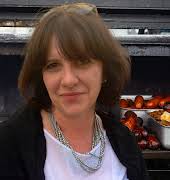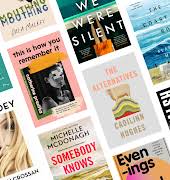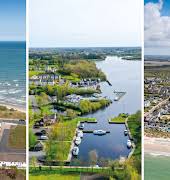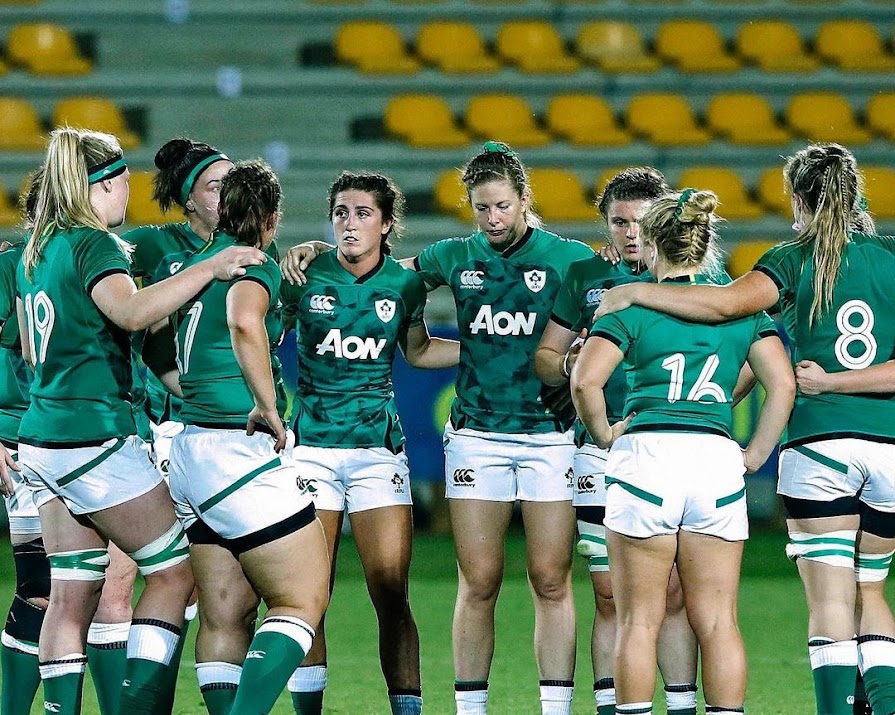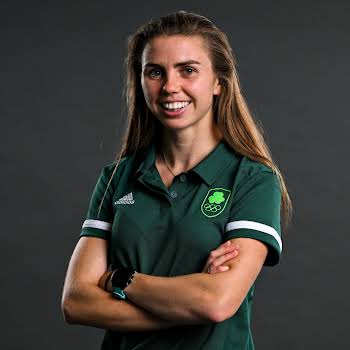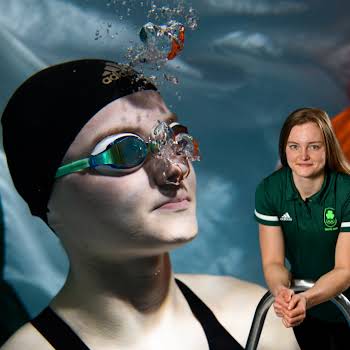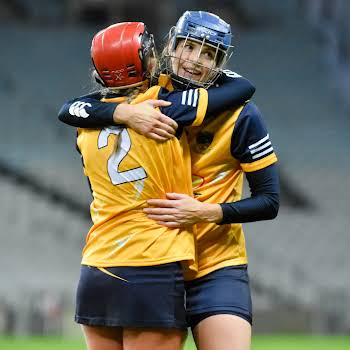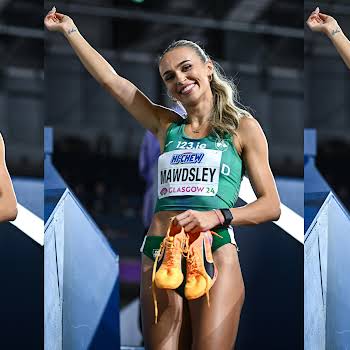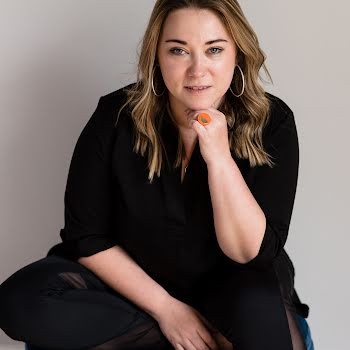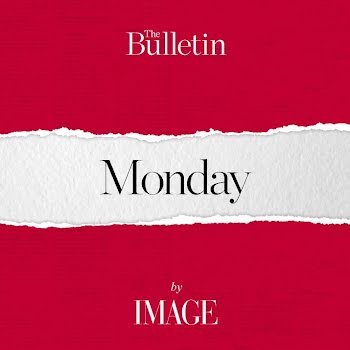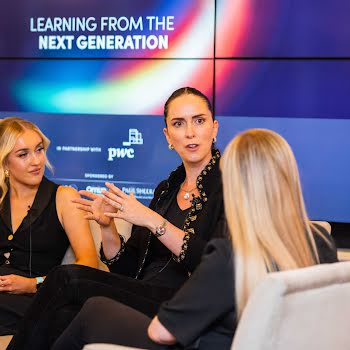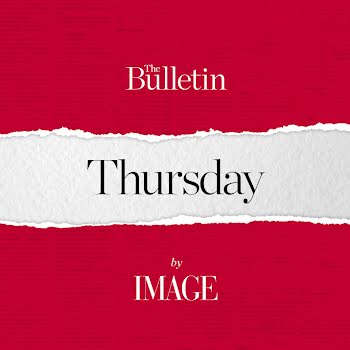The treatment of the women’s rugby Interpros is sadly indicative of all women’s sports in Ireland
By Lauren Heskin
16th Sep 2021
16th Sep 2021
If one more person says, “but men’s sports are just better to watch than women’s sports”...
Last weekend, the final club interpros took place between the women’s club teams ahead of the Irish squad’s 2021 World Cup Qualifiers, which also kicked off this week. Unfortunately, the matches, which were covered on TG4, were overshadowed by the pictures of the Connacht, Leinster and Ulster teams’ “changing rooms” that circulated on social media.
I say “changing rooms” but “outdoor bin area” would be more accurate, as they were forced to set up their tent beside wheelie bins and a rusty, abandoned-looking container with rats scurrying around. Initially asked not to comment on the “facilities” as hosts Leinster Rugby and the IRFU issued apologies, stating that, “due to current government guidelines, changing facilities are not available for amateur rugby teams.”
However, the Connacht team, who initially brought the grim situation to light, have since issued a statement, expressing their disappointment in the “facilities” and requesting a review into the decision-making process.
Advertisement
Just got sent this
Absolutely disgusting and disgraceful that the Connacht women had to get changed with the rats for the #WomensInterpros today
I’ve walked lyrical about this tournament but to see this I’m horrified
I’m lost for words at this
Equally Saddened & infuriated pic.twitter.com/Wh1cvBQbdg— The 2nd Row (@the2ndRow) September 11, 2021
But truthfully, are we surprised? Women’s sports have always been treated as secondary to men’s sports, sometimes third even to under-age teams.
And the line of “oh, men’s sports are just more interesting to watch”, is just blatantly untrue. Take the Olympics. We become enthralled in sports and competitors that we have either never seen before, or haven’t seen in four or five years. Why? Because they’re given a global stage. In the motto of the Romans and probably the very unenviromentally friendly Olympic cities – build it and they will come. Show the people good sport and they will watch it. The Olympics Women’s Gymnastics is one of the most difficult events to get tickets for but when it comes to European, US and World Gymnastics Championships, it’s barely a blip on the calendar. Why? Because it does not receive the media attention, the TV coverage or the funding to put it on the global map like a behemoth like the Olympics can.
Think of the 2019 Women’s Football World Cup, the final between England and USA was watched by 315,000 people in Ireland. Think of the Women’s Hockey World Cup. As the Irish team progressed, it was brought to the national broadcaster’s attention and to their credit, they began airing matches live. And what happened? WE ALL WATCHED IT. And when the Olympics swung around, we tuned in, because we were invested. Interest begets interest.
Advertisement
600,000 people tuned in to TG4 to watch Meath beat Dublin to take the Brendan Martin trophy a few weekends ago. TG4 was the most-watched Irish channel that day.
The audience is there, so why isn’t women’s sport being fed to them?
Equity over Equality
The FAI recently announced that the men’s and women’s football teams would be paid the same and many considered it progress, a step in the right direction. And it is, but is it really something that heralds praise for the FAI for being “progressive”? The financial equality came as a result of the men agreeing to take pay cuts, not by raising the women’s pay up to the men’s level – presumably because the men’s income from their club contracts so far exceeds the FAI’s contribution that it’s but a ripple in the ocean.
The same cannot be said for the women’s team. A handful are on (much more meagre) full-time paid club contracts. Many more are on part-time professional contracts and require a second job, while others work full-time. They take annual leave to play in tournaments, and while I don’t doubt their employers are more than obliging and take pride in their players, that’s not really the point.
It’s also worth noting that the FAI deal was brokered four years after the women’s team walked out of training, following their request of €300 as a match-day payment and compensation for the amateurs on the team who had to miss work when they represented their country. Sounds… reasonable. Republic of Ireland U-21 manager Noel King said their statement was “outrageous” and “completely wrong”.
Truthfully, this recent pay correction is the result of a long and fraught battle and credit goes to the women’s team for shouldering it, not to the FAI.
Advertisement
Sam Monaghan speaking out. https://t.co/YAhFQIiSaM
— IrishWomensRugbySupportersClub (@IrishWomens) September 16, 2021
Because what women in sport is not equality, but equity. They don’t just need an equal financial incentive. They need an equal share of media coverage, an equal share of primetime television slots and marketing budgets.
The same can be said of the women’s rugby team. So often their Six Nation’s games aren’t even aired by the national broadcaster, trumped by not only the non-Irish men’s games but also the Irish under-21s game. Thank heavens for Irish-language channel TG4, who seem to have grasped the appetite ahead of the national broadcasters.
This inequity doesn’t just fall along gender lines either. Paralympic gold medal swimmer Ellen Keane spoke recently to The42 about having her lanes given to swimming lessons during her training time, whereas the Olympians had access whenever they required it. During lockdown, she struggled for pool time because, without a high-performance facility like the Olympic one, she had to rely on her club’s support.
Advertisement
We need to stop setting the low bar of “equality” as the ultimate aim, and the fiasco in Donnybrook last weekend is the perfect example of that. Of course the women should be able to change in the indoor facilities same as the men’s team. But the real truth is that the men’s Interpros don’t even take place at Energia Park, they happen just a short way down the road at the much larger RDS grounds.
If we keep women’s sports in a few hundred-seater venues like Energia Park, then they will only ever attract a few hundred people. They’re not going to “outgrow” it when they’re not given room to grow. We can’t keep expecting them to be self-sufficient while shoving them to the back of the line when it comes to funding and visibility and everything else that goes into keeping the men’s game at the fore. It’s a vicious catch-22.
The playing field (forgive the sports metaphor) is so imbalanced that it can’t be simply balanced through equality. They need equity, a helping hand, not a meagre apology and a reminder of their “amateur” status.
And on that note, maybe they should be paid for their time? Just a suggestion….





